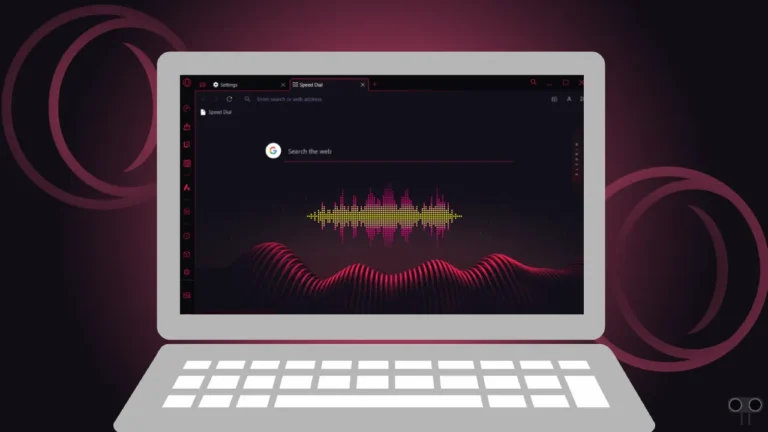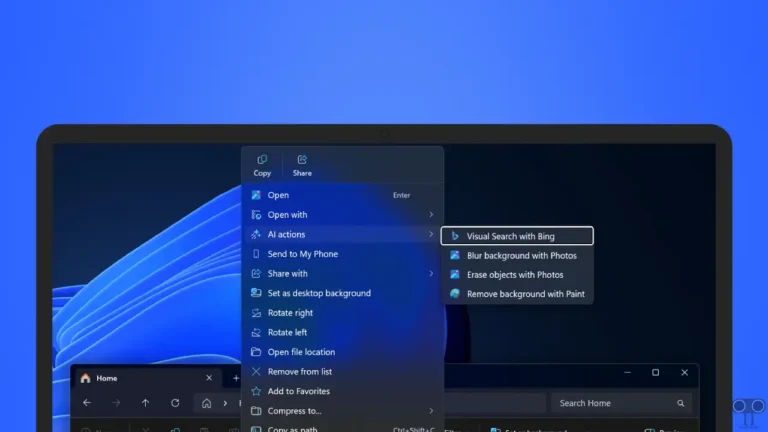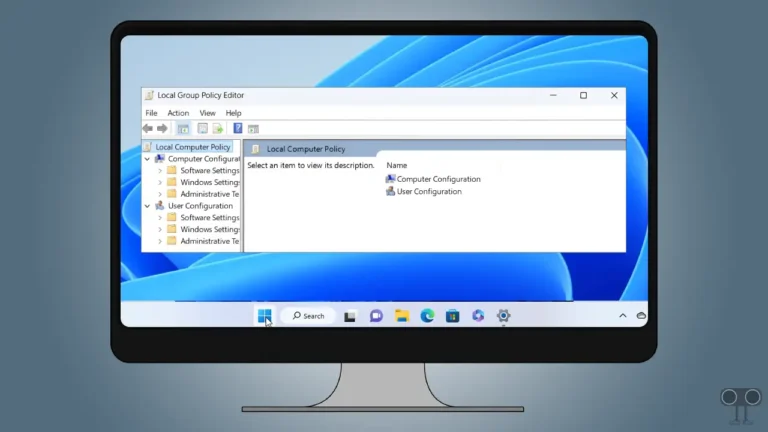How to Check if Your PC is 32-bit or 64-bit (5 Quick Ways)
If you use a Windows 11 PC or laptop, you may have wondered whether your computer is 32-bit or 64-bit. This question becomes important when you are installing new software, downloading drivers, buying games, or thinking about upgrading your system.
If you don’t know, don’t worry! In this article, I have shared five different methods that will help you check this in a few seconds. And the best thing is that you don’t need any kind of technical knowledge to follow the methods mentioned below.

Difference Between 32-Bit and 64-Bit
You may have often seen the options of 32-bit (x86) and 64-bit (x64) in software or operating systems. But do you know what these two are, and what is the difference between them? Let’s find out.
- Processor Capacity: 32-bit processors only support up to 4GB of RAM at a time, while 64-bit processors can handle more than 4GB of RAM, which is necessary for today’s modern computers.
- Performance and Speed: While 32-bit systems are slow and not sufficient to run today’s heavy software, 64-bit systems use more RAM and provide faster and smoother performance, especially while gaming, video editing, and running heavy software.
1. From Windows Settings
Whether you are a Windows 10 user or a Windows 11 user, Microsoft allows you to check the system type in Windows Settings. This is the simplest method, and all the steps are mentioned below.
To find out if your pc is 32-bit or 64-bit from Windows settings:
- Press Windows + I to Quickly Access Settings.
- Click on System > About.

- Under the Device Specifications Section, You can See
32-Bit/64-Bit OSNext to System Type.
Also read: 4 Simple Ways to Find Product Key on Windows 11
2. From Command Prompt
Command Prompt is also known as CMD, and it is a text-based interface used to execute commands and perform various tasks. You can easily find out whether your computer is 32-bit or 64-bit by entering a simple command line.
To know your computer is 32-bit or 64-bit using cmd:
- Press Windows + S and Search “CMD” and Run as Administrator.
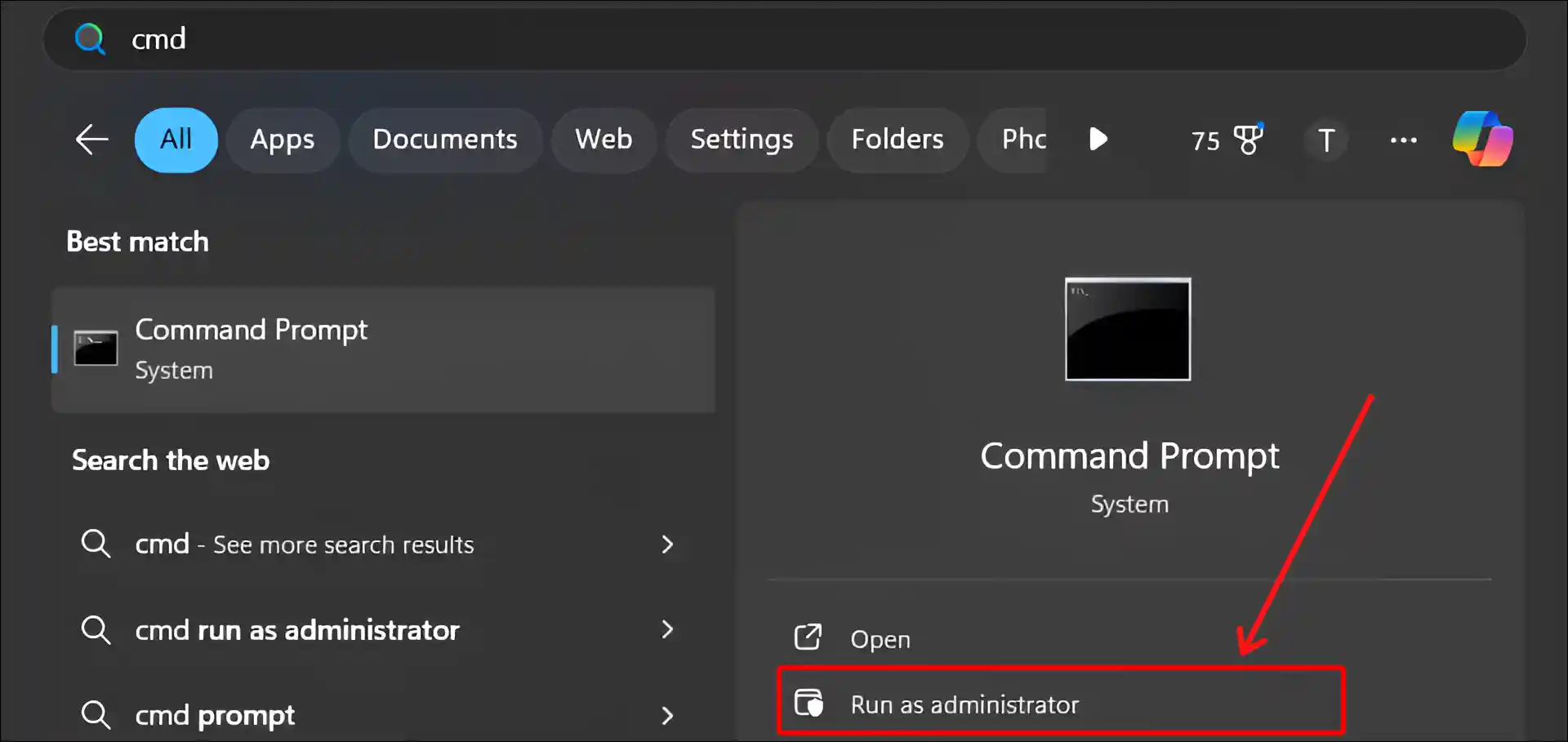
- Press YES on User Account Control Pop-up.
- Now, Paste the
wmic os get osarchitectureCommand Line and Hit Enter.
- Here, You can See Your System OS Architecture (64-Bit/32-Bit).

Also read: 3 Quick Ways to Disable Fast Startup on Windows 11/10
3. From PowerShell
PowerShell is a cross-platform command-line shell, scripting language, and automation framework for Windows computers or laptops. It is often used for task automation and configuration management. You can also easily check whether your system is 32-bit or 64-bit by entering a command line in PowerShell.
To check if system is 32-bit or 64-bit using PowerShell:
- Press Windows + S and Search “PowerShell” and Run as Administrator.
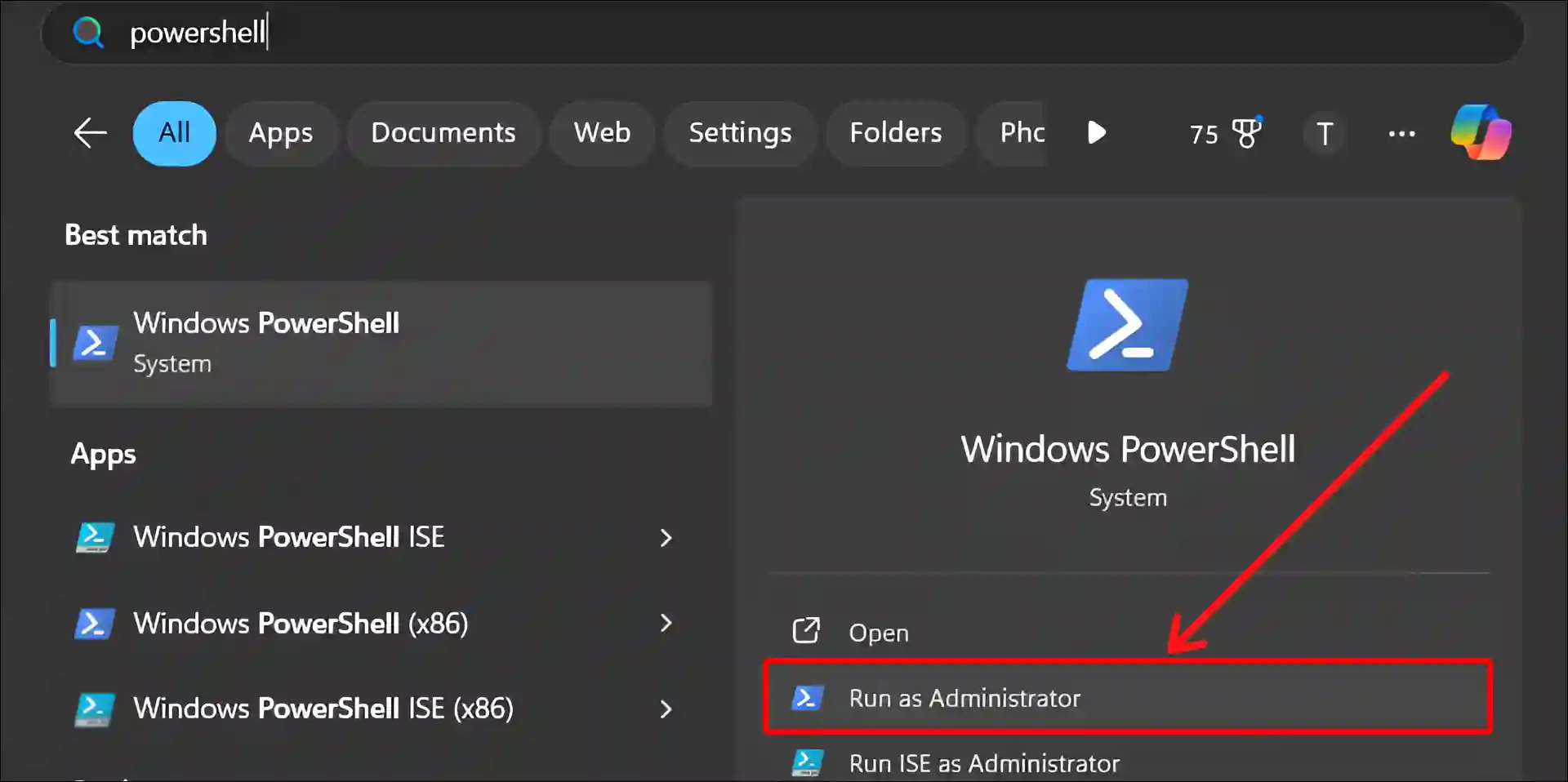
- Press YES on User Account Control Pop-up.
- Now, Paste the
(Get-ComputerInfo).OsArchitectureCommand Line and Hit Enter.
- Here, You can See Your System OS Architecture (64-Bit/32-Bit).

Also read: How to Check BIOS Version in Windows 11
4. From System Information
System Information is a built-in application in Windows OS that provides detailed information about your computer or laptop’s hardware and software components, operating system details, and other relevant specifications. You can also use System Information to easily check the system OS architecture.
To find if your laptop is 32 bit or 64 bit using System Information:
- Press Windows + R Key to Open ‘Run’ Dialog Box.
- Type
msinfo32in the Box and Hit OK.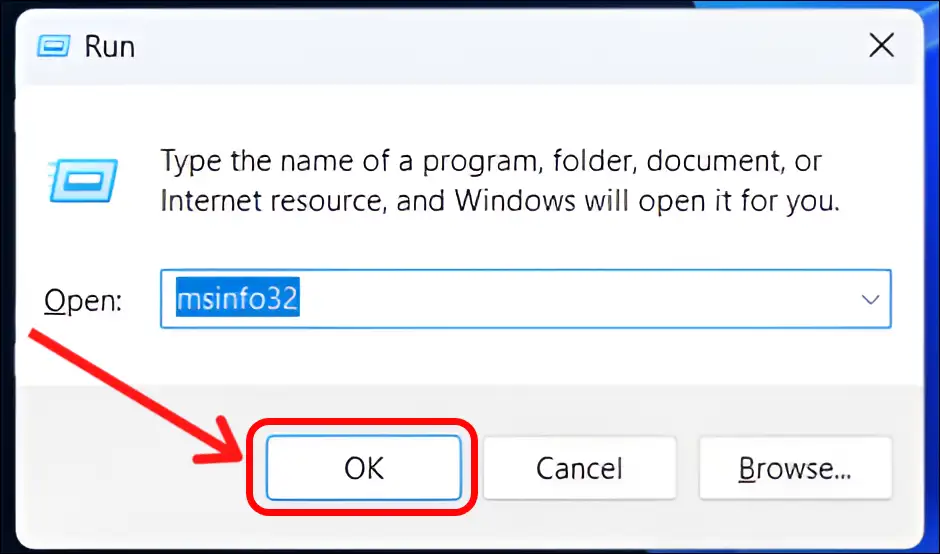
- Here, You can See Your System Type.
x64-based PC → 64-bit | x86-based PC → 32-bit
5. From Registry Editor
Registry Editor is a built-in Windows tool that allows you to view and modify the Windows Registry, which is a database that stores system settings and configurations. It can also be accessed with the “Regedit” command.
To check whether your pc is 32-bit or 64-bit using Registry Editor:
- Press Win + R and Type “Regedit” and Click OK.
- Click Yes on User Account Control (UAC) Pop-up.
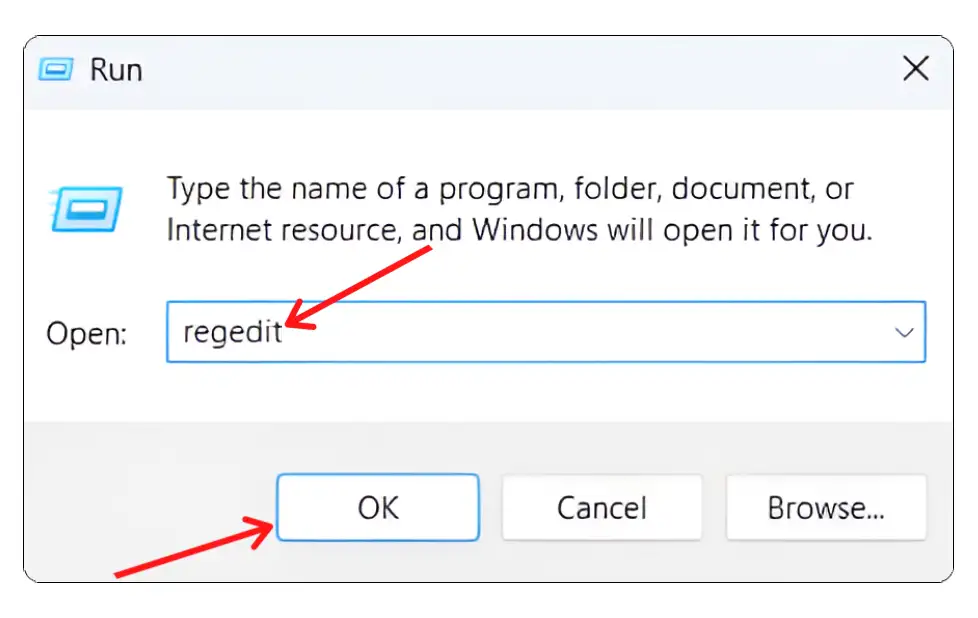
- Now, Navigate to
Computer\HKEY_LOCAL_MACHINE\HARDWARE\DESCRIPTION\System\CentralProcessor\0Path. - Here, You can See Your System Architecture Next to Identifier.
If Identifier is "x86" → 32-bit and "AMD64" or "ARM64" → 64-bit.
That’s all! You’re done…
Also read: Enable Group Policy Editor (GPEdit.msc) in Windows 11 Home Edition
I hope you found this article quite helpful and learned 5 quick ways to check if your PC is 32-bit or 64-bit. If you have any problem or question related to Windows 11, feel free to ask by commenting below. Do share this article.

